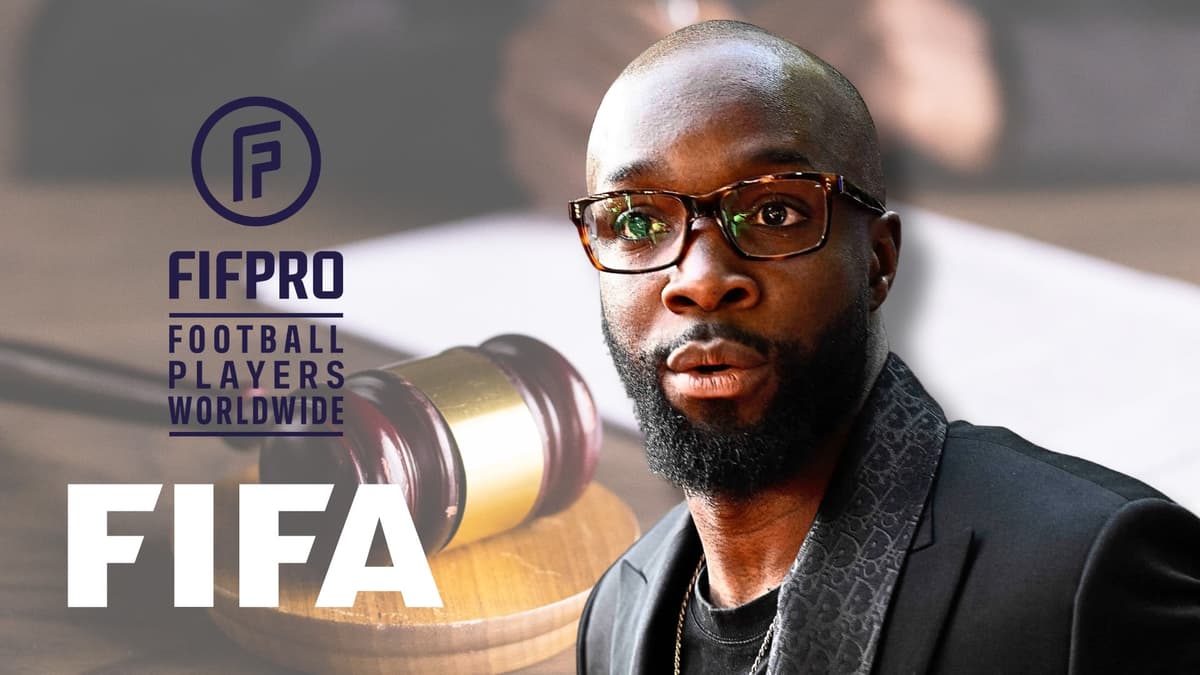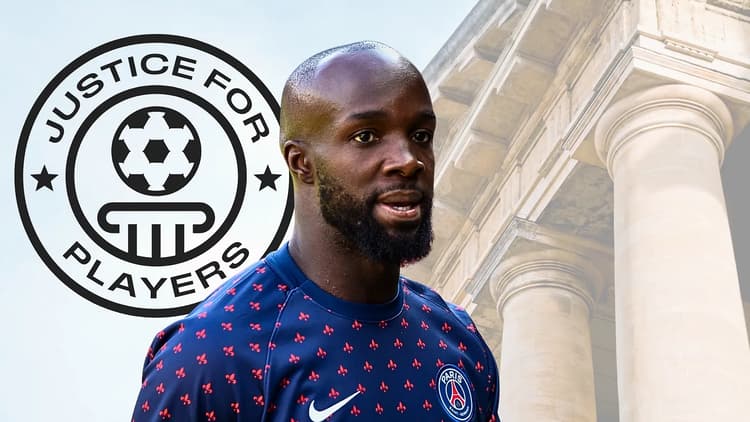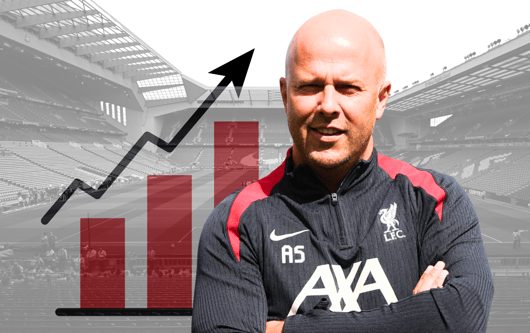-
News
- 3 hours ago
As another footballer uses the Lassana Diarra case to force through a move, is a transfer revolution on the way? - Keir Radnedge

Nothing gives the footballing powers-that-be cause for setting aside their own scuffles and uniting behind a common cause quite like a footballer with ideas above their station. Woe betide the player who dares put their head above the regulatory parapet.
Very few dare. A player's career is short, hence the fear that taking on the establishment can wipe away crucial club contract income and all the sponsorship bonuses baked into the pay-as-you-play system. Jean-Marc Bosman in the early 1990s was one, George Eastham 30 years earlier another.
Before them, the on-strike stars who fled Argentina, Brazil and Uruguay for a pirate El Dorado in Colombia in the late 1940s.
Making the football foundations tremble now is Lassana Diarra. FIFA thought it had dealt with the gauntlet he threw down by amending the small print in the transfer regulations.
But another player, Lucas Ribeiro, has defied the lawyers' best re-draft. Here is an issue which is not going away and which might - just might - provoke the most significant transfer system revision since Bosman threw Europe's door wide open 30 years ago.
In short, here is the story so far: retired former France midfielder Diarra, once of Chelsea, Arsenal, Portsmouth, Real Madrid, Paris Saint-Germain and Marseille, signed for Lokomotiv Moscow in 2013. Within a year, they had fallen out and Diarra's contract was terminated. The Russian club then complained to FIFA whose dispute resolution chamber found Diarra had breached its regulations on the status and transfer of players.
It ordered him to pay €10 million in compensation. Diarra appealed to the Court of Arbitration for Sport which upheld FIFA's judgment.
Diarra's lawyers then complained to the Court of Justice of the European Union, which found that FIFA's rules governing the way some transfers work infringed EU law on free movement and competition. This opened the way for Diarra to launch civil action for €65m compensation in the courts in Belgium where he now lives.
Clearly, chaos would be the outcome if players or clubs could rip up a contract whenever they felt like it.
However, Diarra's contention was that a player with a grievance should not be denied the right to find a new club for fear of a multi-million euro compensation claim. So FIFA rewrote some of the rules.

Not quickly or effectively enough, it seems.
In August, lawyers acting for Brazilian forward Lucas Ribeiro used the Diarra ruling to force an exit from South Africa's Mamelodi Sundowns and a subsequent transfer to Cultural Leonesa, recently promoted to the Spanish second tier.
This was a heavy blow to the Sundowns and their owner, Patrice Motsepe, the president of CAF and a close ally of FIFA boss Gianni Infantino.
The Brazilian had been a star for the South African champions ever since arriving in 2023, finishing as the best player and top scorer in last season's Premiership victory. His ability to play at a higher level was demonstrated in the summer, when he scored the Goal of the Tournament at the Club World Cup.
Sundowns and the South African FA applied in vain for FIFA to block an international transfer certificate.
Ribeiro's lawyers used the Diarra precedent to argue successfully that such a block would contravene EU freedom of movement of labour laws. Compensation, claim and counter-claim could wait for another tribunal, another court, another day.
Everyone has a different viewpoint, depending on vested interests.
For FIFA, football is not just a business but a global community and the world governing body's rules exist to ensure integrity, balance and fairness between clubs and players across continents.
It grudgingly accepts the need to adapt to European laws as clarified by the Court of Justice but believes change should be undertaken with caution so as not to undermine competitions and club finances.
FIFPRO, the international players' union, objected to FIFA's initial transfer rule changes on the basis that fiddling with words was no substitute for a comprehensive renegotiation of the transfer system. Footballers were not entertainers treated too long as tradable commodities, and football could not claim to be the world's game if it failed to respect the rights of the people who play it.
Somewhere, stuck in the middle, are the vast majority of clubs who lack multinational sponsors or the security of sovereign wealth funds.
For them, low-level scouting of talent and young player development is the foundation of financial security.
Survival for them would be threatened by a wave of such cases with clever lawyers capitalising on any disciplinary wrangle to justify a walkout.
The Diarra case and Ribeiro's follow-up do not guarantee immunity but may make managers think twice about banishing unwanted players to train alone or with the youth teams.
This is just the beginning. This one will run and run.


















